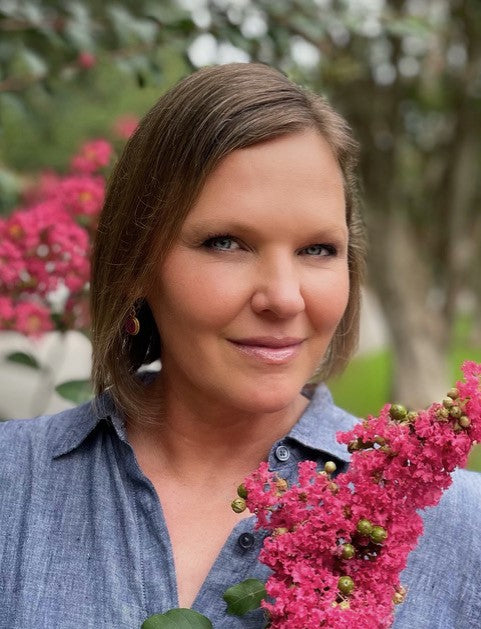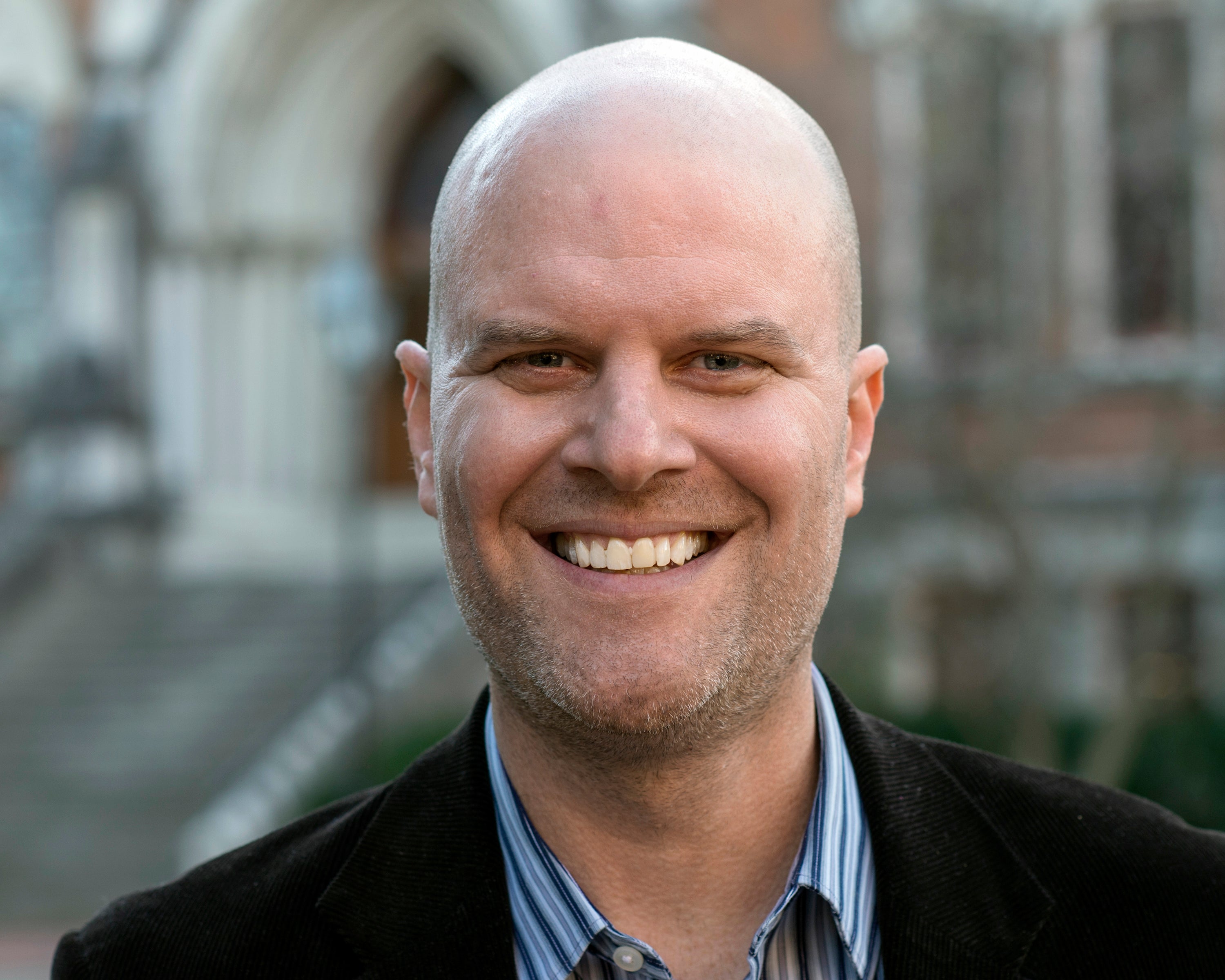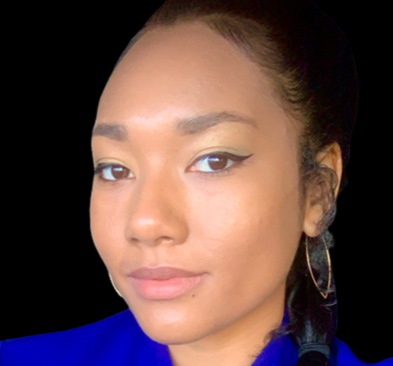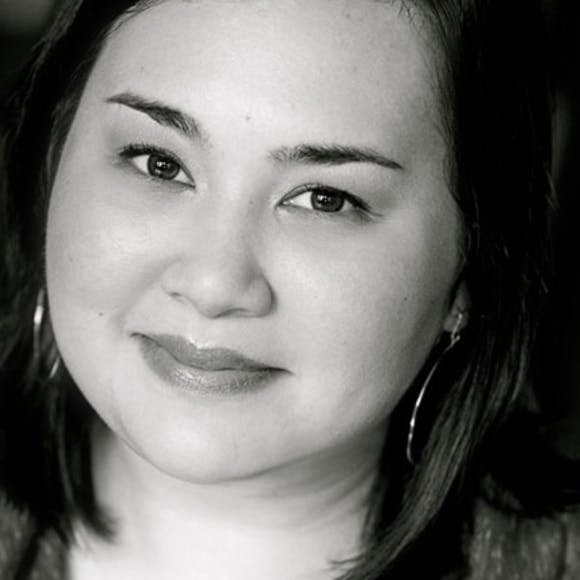Book: A Long Petal of The Sea

Photo by Saroyan Humphrey/The Observer
Header Photo by Imago/ZUMA Press/O. Gonzales
Author: Isabel Allende
Author Bio:
"It is very strange to write one’s biography because it is just a list of dates, events, and achievements. In reality, the most important things about my life happened in the secret chambers of my heart and have no place in a biography.
1. What was it about the Poet Pablo Neruda’s quote, “the long petal of sea and wine and snow,” that inspired you to title this book after it and make it a point of emphasis in the story’s narrative?
The odyssey of the ship Winnipeg that carried 2,200 refugees to Chile in 1939 would not have been possible without Pablo Neruda. He was moved by the tragedy of the Spaniards that left their country escaping from the fascists and convinced the President of Chile to receive some of them as immigrants.
He then went to Paris, raised funds to buy a cargo ship, condition it to transport the refugees across two oceans and then selected the people. I think he deserves a tribute for this incredible achievement.
2. Dalmau unknowingly jumps into his role with the doctors, why did you choose to start the book like that?
The heart beating faintly in the open chest of the young soldier represents the full horror of the war. It also explains Victor Dalmau's lifetime role as a heart surgeon. The motif of the heart appears many times in this book, which is about war, conflict, and displacement, but mostly about love and friendship. I wanted my readers to accept the story with an open heart.
3. How much historical research did you do in order to tell your story in a different time period than this current one? And was it challenging finding the information needed?
I have written several historical novels. This genre requires a lot of serious research but it has the advantage that the research offers so much that there's little need to stretch the imagination. In this case, it was easy to find the information because the events of the book happened in relatively recent times.
The children and grandchildren of the people who traveled in the Winnipeg are alive, there's an abundance of documentation in Chile and Spain and I also had the valuable help of my friend Victor Pey, one of the passengers of the Winnipeg, who told me his story. We were constantly in touch for the details of the novel.
Unfortunately, he died six days before I could send him my manuscript dedicated to him. He was 103 years old, strong and lucid.
4. What are the parallels between war-torn 1930s Spain and the conflicts of 1990s Chile? And why was this something you wanted to explore as an author?
In 1936 Spain elected a leftist government, the Second Republic. The military, supported by the forces of the right under General Franco rebelled with the intention of toppling the government in a few days.
The people fought back and the war went on for four years. Franco won and subjected the country to 40 years of a very repressive fascist dictatorship. In 1973 Chile elected Salvador Allende, a socialist, who represented a coalition of parties of the center and the left.
The right-wing parties with the support of the CIA conspired to topple the government. The military rebelled and took control of the country. In this case, the people could not fight back. The brutal dictatorship lasted 17 years. This is one of the cyclical events that shows how history repeats itself.
5. What do you hope readers get from this book?
I want my readers to be entertained and hopefully, some will be interested in finding more about the Spanish Civil War, Winnipeg, and Chile. They will probably see many parallels with the world today. But my intention is just to tell a story, it is not my job to preach, to teach or to give messages.
6. How has your writing process changed, if at all, from The House of the Spirits to this book?
I wrote "The House of the Spirits" on a small portable typewriter; the process was long, hard and tedious. To correct, you literally had to cut with scissors and paste with scotch tape, to change a word you had to paint it with Tipp-Ex, wait until it dried and type the new word in the white space.
There was no internet or Google, research was done in books in the library. But essentially the process of creating a story is the same. It requires patience, discipline, passion, imagination, and intuition. That has not changed at all.
7. What intrigues you most about Spanish literature?
I am intrigued by literature from all over, not only Spanish. I read mostly in English because I lived in California for 35 years. I am always intrigued by stories that happen in places unknown to me, in unexpected circumstances, to extraordinary people.
8. What is it about wartime that makes it such an interesting and unique backdrop for romance?
War is always extreme. In times of war, the worst and the best of human beings emerge. It's a time of fear, struggle, displacement, betrayal, and heroism. It is also a time of urgent love because the couple doesn't know how long they will be together or even if they will survive; they have to surrender to love immediately and passionately, they can't waste a minute of their love; they can't make plans, the only thing they have is the present.
9. Your books have been translated into more than 35 different languages. What is most exciting to you about your global reach as an author and do you fear that there is anything in your novels that gets “lost in translation”?
My books are translated to more than 42 languages and I have to trust that in each case the editor takes care of the translation. In many countries a good translation is essential, otherwise, the book will not sell. Germany is a good example of this. I can only read the translation into English. I usually work closely with the translators. And I have to say that I have always had very good ones!
10. What’s the best book you have read in 2019?
I read an average of two or three books a week. If the story doesn't engage me in the first 50-60 pages I leave it. I also have E-books in my Kindle and audiobooks in the car. This means that I get so many wonderful books that it would be impossible to select just one as the best.
11. What’s your best advice for getting over writer’s block?
I am a fiction writer. If I am blocked I try to write non-fiction. Usually, writer's block means that my reservoirs are empty, I have to fill them up, and the best way to do it is to get out of my comfort zone and try something different and challenging.
12. Do you plan on writing more books in the future?
Of course! I hope never to retire.
Places To Find More From This Author:
Twitter: @isabelallende
Instagram: @allendeisabel
Facebook: Isabela Allende
Website: www.isabelallende.com/en/home













